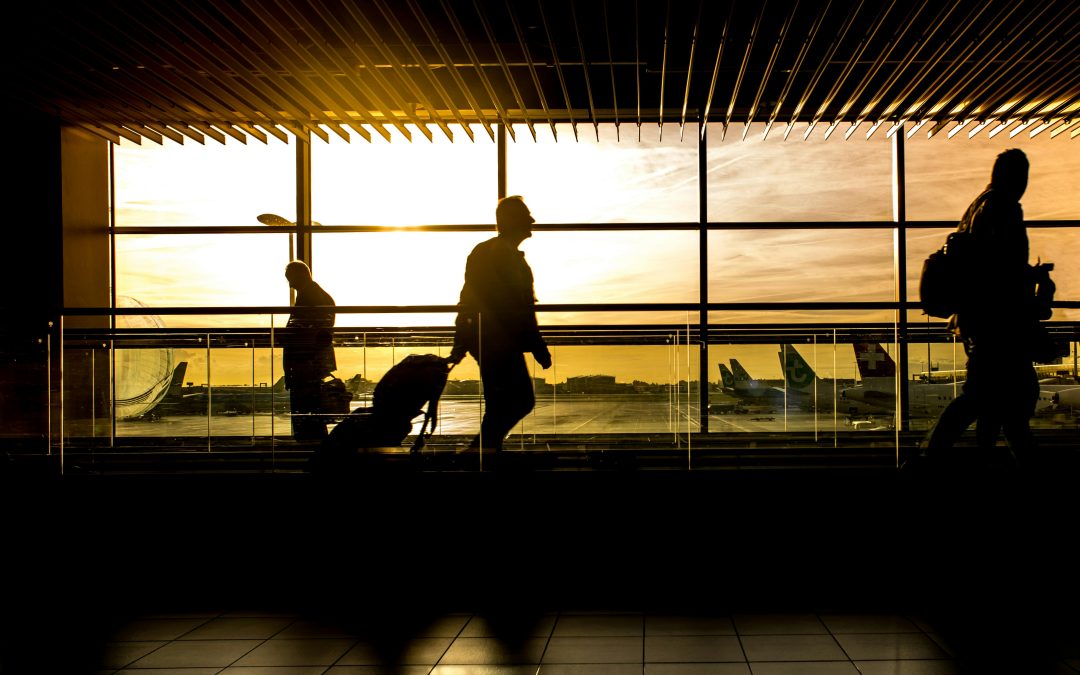According to the South African Department of International Relations and Cooperation (Dirco), more than 800 South Africans are being detained abroad after violating local legislation.
Government’s hands are tied in many ways regarding assistance to South Africans abroad who have violated the law. Similarly, local organisations like AfriForum Worldwide cannot assist travellers in cases where South Africans are being detained. The only way to prevent your journey turning into a nightmare is to do sufficient research before you get onto the plane.
These six hints will keep you out of trouble:
- Keep an eye out for international dangers
Before embarking on your journey, ensure that you know of any imminent dangers in the country you are planning to visit. Dirco’s website is handy to obtain information, for example on the plague that broke out in Madagascar last year, the jaundice cases in Brasilia or the Zika virus that broke out in 2016 in parts of Africa, South America and Asia. Visit http://www.dirco.gov.za/consular/current_issues.html.
- Invest in communication
It is very important to be able to communicate when you are abroad. Invest in a mobile charger for your cell phone and ensure that you have international minutes or sufficient data on your cell phone. In emergencies you may have to contact the local police, ambulance or your embassy. Make sure you and your children have access to all necessary emergency numbers.
- Check your insurance documents
If you take out travel insurance, it is YOUR responsibility to check which emergencies are covered. Familiarise yourself with the process in case you have to submit a claim or use medical services.
- Understand the traffic rules
Public transport and vehicle accidents are the main source of South African deaths and injuries in other countries. The website www.asirt.org inform people about the quality of roads and public transport in different countries. The website also provides thorough reports on road conditions, accidents in certain regions and changes to traffic regulations. Inform yourself of the road rules – not only to protect your own life, but also to prevent unnecessary quarrels with local police.
- Adapt to cultural practices
Wherever you go, it remains your responsibility to respect the local cultural practices. Except for understanding general gestures and symbols, dress codes remain an international controversy. Countries that are very strict about dress codes include:
- North Korea
- Saudi-Arabia
- Sudan
- Iran
- Turkey
- Dubai (United Arab Emirates)
- Lebanon
- Palestine
- Qatar
- Jordan
- Yemen
- Kuwait
- Oman
- Afghanistan
- Bahrein
- Syria
It is also very good to know how to greet or thank someone in their own language. When you travel to a country of which the culture differs significantly from your own, you should do your homework to prevent offending the locals unnecessarily.
Other cultural practices can also help making your travels easier. If you know that the country that you are travelling to love their siesta time, plan your day around that. Make a point of exploring the history of a place; it gives you a deeper understanding of their culture. If you reside with locals, consider their attitude towards saving water and electricity, or recycling. If your political views differ directly from those of the locals, be sensitive enough not to give offense when you do not mean to. Cultures’ religious and political attitudes are often intertwined with the same values and believes – learn as much as you can before you travel there.
- Be wary of snakes in the grass
Whether you are on your way to China for holiday work or are busy booking tours in Rome, be wary of people trying to pull the wool over your eyes. If you have the opportunity to do holiday work abroad, ensure that you are familiar with the country’s employment regulations and visa requirements. Confirm the company’s name and contact details carefully to eliminate tricks and try to talk to more than just one representative. Changes of a trap are great if:
- You receive a job offer before having had an interview;
- It is expected of you to make pre-payments before you can obtain more information;
- The job description is very abstract;
- The process is too easy or the salary simply too good to be true; and
- You have not received a work visa before you depart.
There are always the taxi driver who wants to take you to your destination via the longer road, the good Samaritan who wants to carry your luggage but is actually after a heavy tip, or the travel agents who inflate the price of their excursions simply because you are a tourist. Keep you eyes open and use reference services like TripAdvisor to help you along.
AfriForum Worldwide wants people to have care-free travels around the world. And the most important ingredient to enjoy your journey is to be prepared.
Photo: daniel-gonzalez-unsplash









